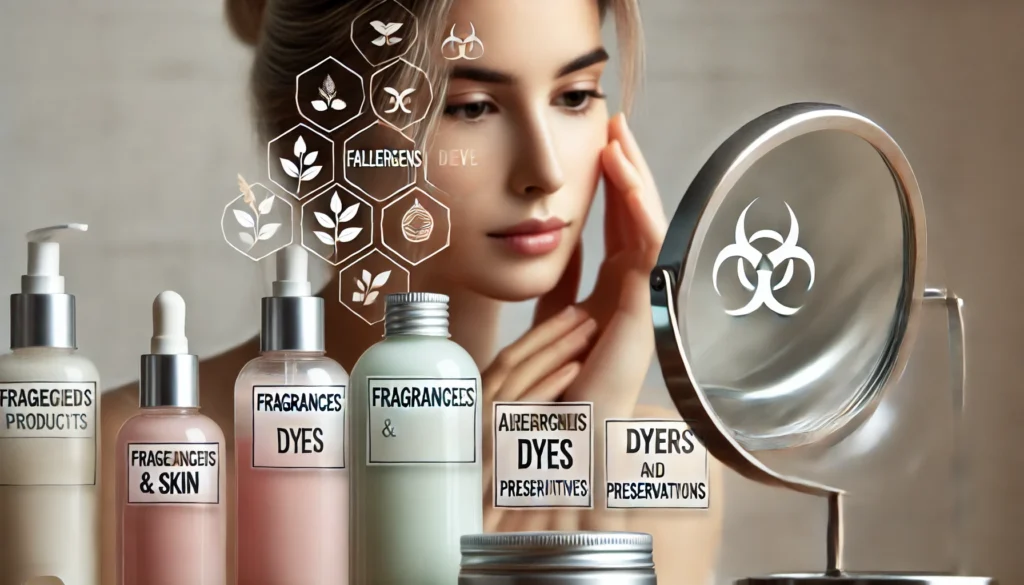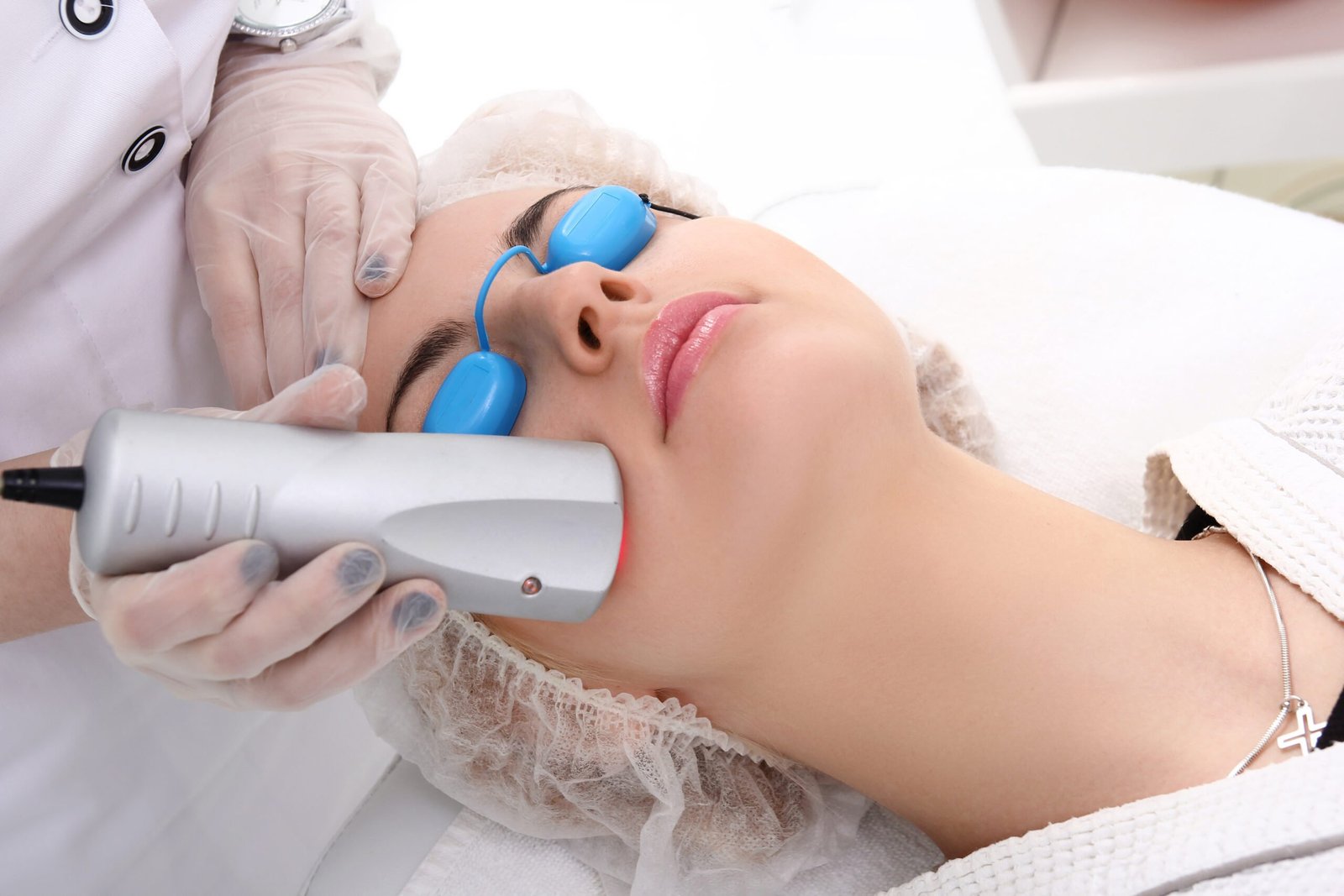
HK Spring Skincare Guide: Stop “Oily But Dry” Skin with an Affordable Facial in Causeway Bay
If you’re an expat living in Hong Kong—especially

Many of us love using cosmetics to enhance our beauty, but what happens when our favorite products start to irritate our skin? It’s not uncommon for people to experience allergic reactions to certain ingredients found in cosmetics. In this post, we’ll dive into the most common allergens lurking in your beauty products and how you can avoid them.
Fragrances are one of the most common culprits behind cosmetic allergies. They can be made from natural or synthetic compounds, and even a small amount can trigger allergic contact dermatitis. In the European Union, 26 fragrance allergens must be declared on the label when they exceed certain concentrations. Common allergens include geraniol, linalool, and eugenol. For those with sensitive skin, it’s best to opt for fragrance-free or hypoallergenic products.
Preservatives are essential to prevent microbial contamination in cosmetics, but some preservatives can cause allergic reactions. Over time, different preservatives have been linked to varying allergic responses. Formaldehyde and parabens were once the primary offenders, but newer preservatives like isothiazolinones have since been associated with allergic reactions. Modern cosmetic formulations are minimizing preservative use to lower the risk of irritation.
Dyes, particularly those used in hair dyes and makeup, can also trigger allergies. Paraphenylenediamine (PPD) is a notorious allergen in hair color products, while other dyes may cause cross-reactivity. These allergens are highly regulated, and it’s important to always check the label for warning signs if you have sensitive skin.
Besides fragrances, preservatives, and dyes, there are many other ingredients that can trigger allergic reactions, though they are less common. For example, ingredients in nail products like toluene-sulfonamide-formaldehyde resin and acrylates used in artificial nails can cause allergic contact dermatitis. Additionally, some sunscreens, particularly those containing oxybenzone and avobenzone, can be sensitizing for certain individuals.
It’s crucial to be aware of the ingredients in your cosmetic products, especially if you have sensitive skin. By choosing fragrance-free, preservative-free, and hypoallergenic products, you can reduce your risk of skin irritation. Always patch test new products and be mindful of potential allergens. Want to upgrade your skincare routine with products designed for sensitive skin? Check out our range of hypoallergenic products today!

If you’re an expat living in Hong Kong—especially

💬 It’s February 19th, the last day of Chinese New
